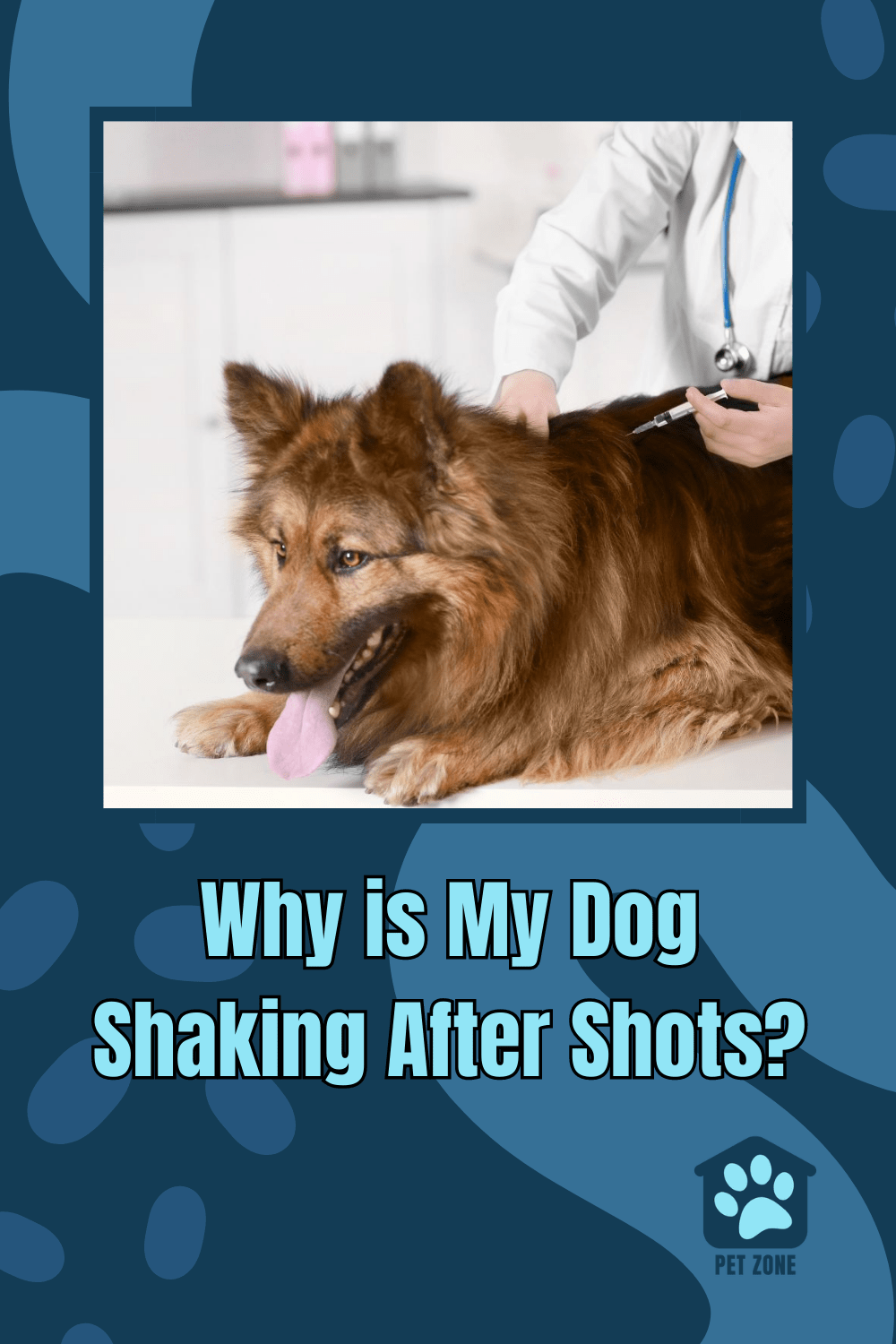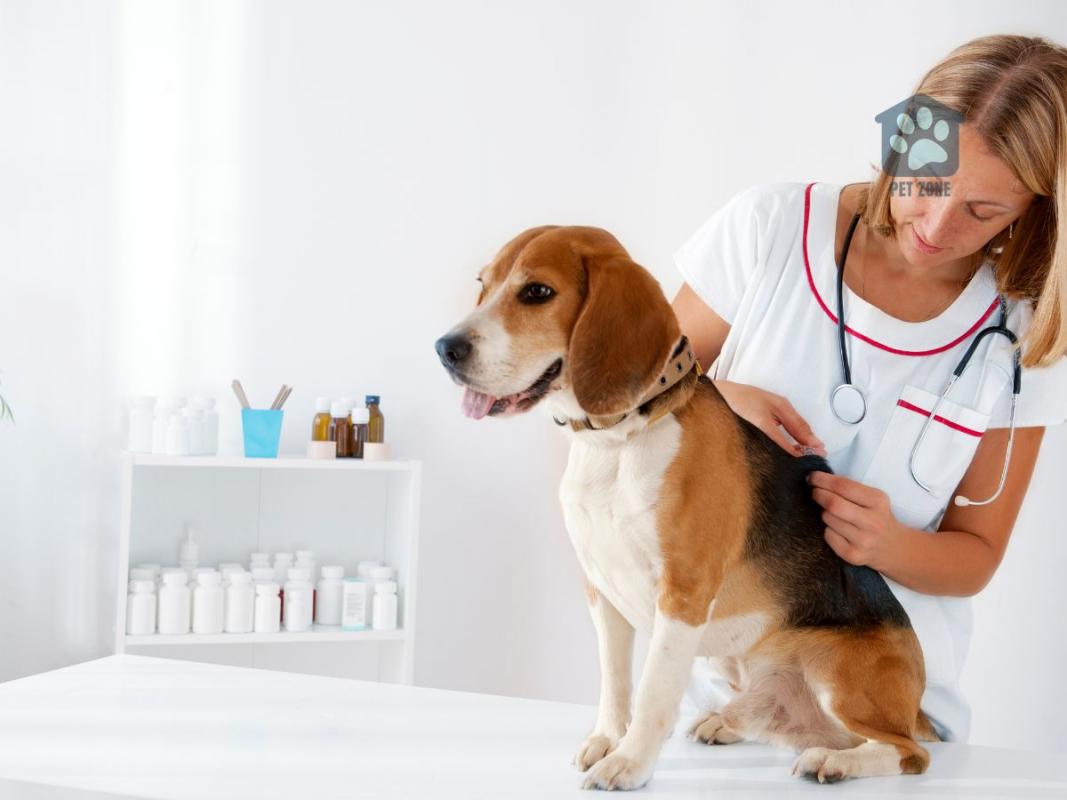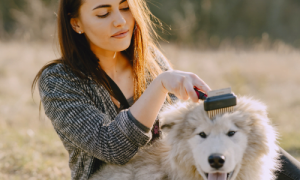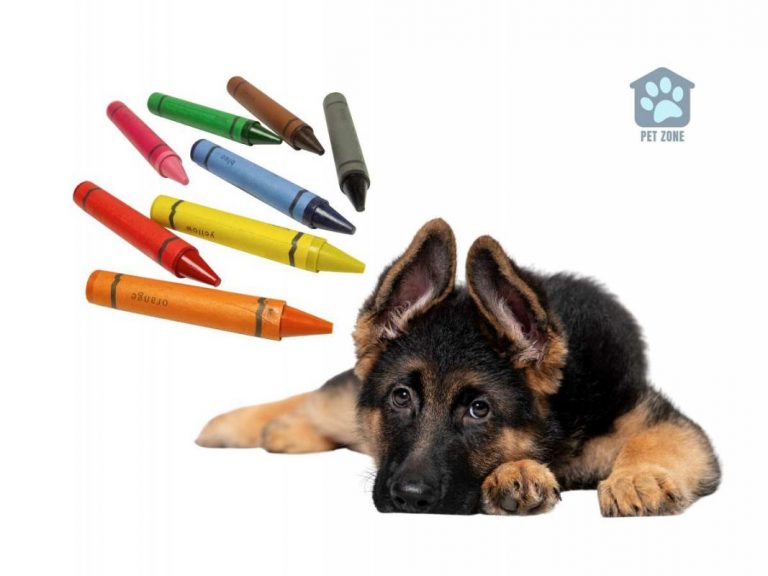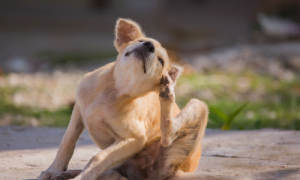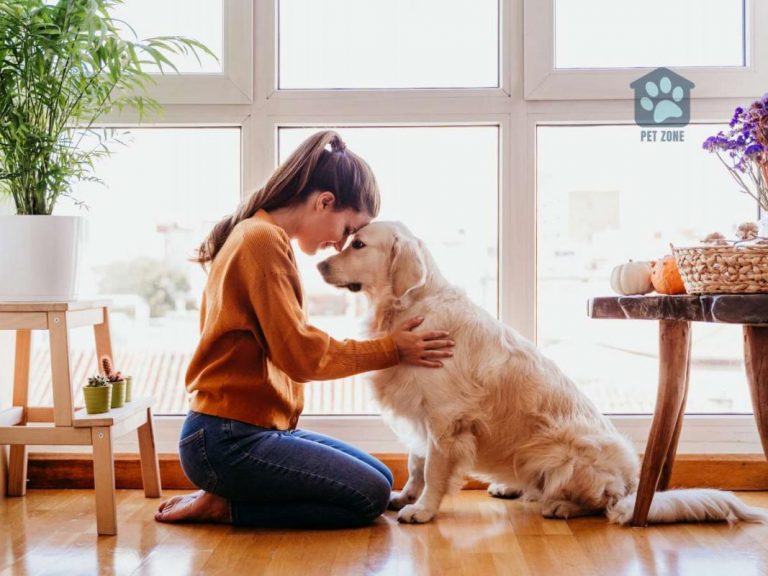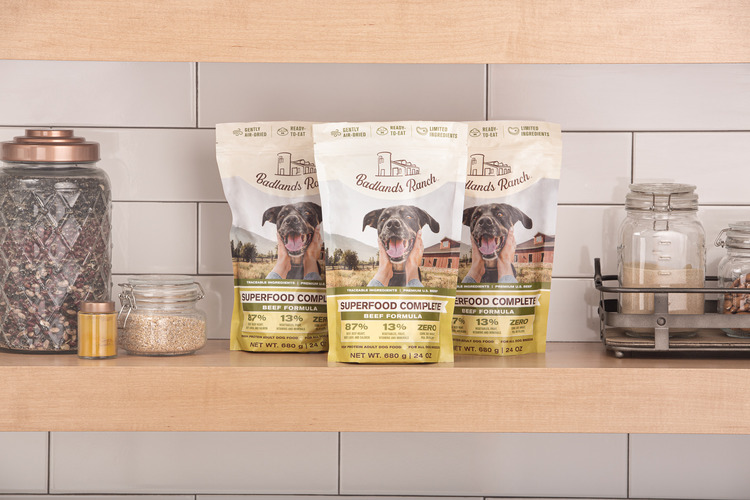Estimated reading time: 4 minutes
As a responsible dog owner, ensuring your canine friend gets regular vaccinations is vital. A vaccine is an essential preventive measure, shielding your dog from fatal diseases such as rabies and distemper.
However, have you noticed your dog shaking after shots? This is a common reaction dogs can have following the vaccination process.
Understanding the possible reactions and causes of shaking can help ease your worries and better care for your puppy after receiving a vaccine.
Is It Normal for Dogs to Shake After Shots?
It’s normal for dogs to shake after shots. Shaking in dogs, also known as shivering, is one of the most common side effects following vaccination.
This reaction may be caused by an allergic reaction to the vaccine or simply your dog’s body getting used to the new immunization.
What Are Normal Reactions to Vaccines in Dogs?
A common reaction to vaccines in dogs includes lethargy, slight fever, and reduced appetite. Your dog may also experience discomfort or swelling at the injection site.
These effects are part of the normal process of your dog’s body responding to the vaccination and they will typically recover from these symptoms within a couple of days.
What Are Severe Reactions to Watch for After My Dog Gets Vaccinated?
Following vaccination, monitoring your dog is crucial. So far, we’ve discussed the more common side effects of an injection. However, it’s important for dog owners to understand that severe reactions, while rare, can occur.
If your dog is shaking excessively or has severe lethargy, difficulty breathing, or vomiting, this could be an indication of an adverse reaction to a vaccine.
In such cases, it’s important to contact your veterinarian or an animal hospital immediately. While vaccine reactions in dogs are often mild, they can occasionally be something more serious.
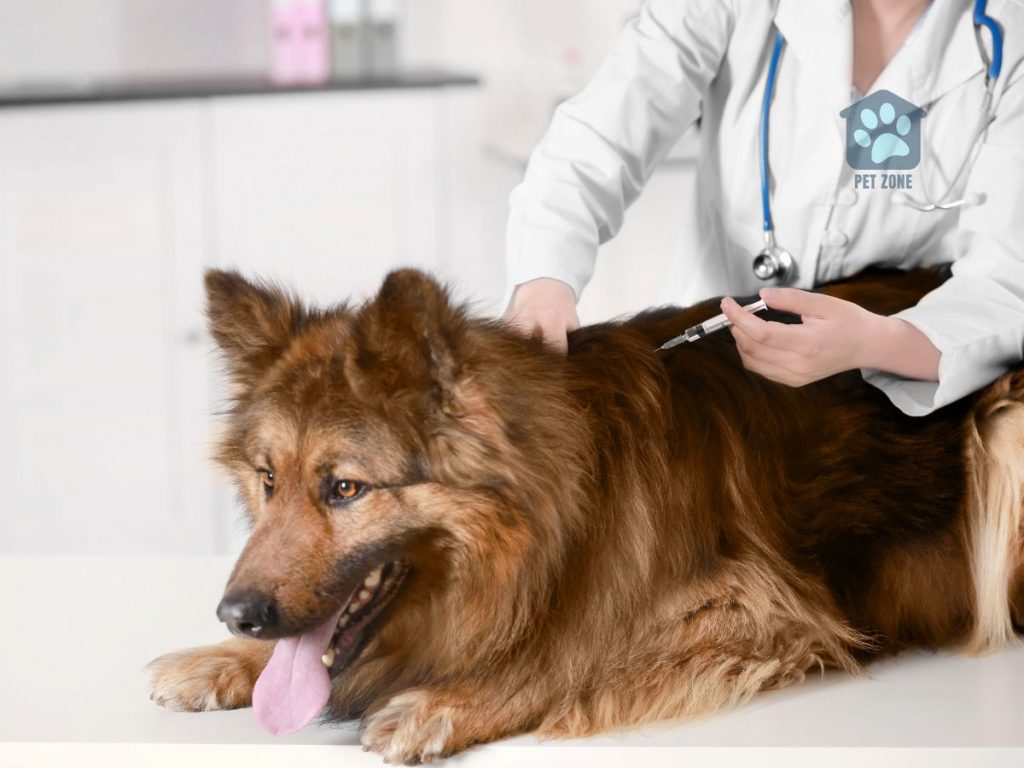
What Dog Breeds Are Susceptible to Reactions to Vaccination?
While any dog may have an adverse reaction to a vaccine, some breeds appear to be more susceptible, likely due to a genetic predisposition.
These include:
- Dachshunds
- Pugs
- Boston Terriers
- Miniature Pinschers
- Chihuahuas
It’s important to discuss with your vet the potential risks and side effects before vaccinating your dog, especially if it belongs to a breed with a known predisposition to vaccine reactions.
Your vet may recommend skipping a specific vaccine or altering the vaccination series based on your dog’s breed and health status.
How Can I Help a Dog Shaking After Shots?
- Monitor your dog closely, keeping an eye out for any severe reactions.
- Offer your dog a quiet and comfortable space to rest.
- You can give them Benadryl dosed at 2mg/kg of body weight.
- If the injection site is swollen or sore, you can apply a cold compress to help reduce inflammation and provide relief.
- Have treats on hand and reward your dog for good behavior before and after the shots.
- If your dog’s shaking is severe, persistent, or accompanied by other concerning symptoms, contact your veterinarian for advice and possible treatment.
How can Vaccine Reactions in Dogs be Prevented?
While reactions to vaccines cannot always be prevented, there are steps you can take to reduce the risk of vaccine reactions.
These include ensuring your dog is healthy at the time of vaccination, not over-vaccinating, and considering titer tests to determine immunity levels.
Your vet may recommend splitting multiple vaccinations over different visits to prevent overload.
Always observe your dog closely after getting their shots and report any unusual signs to your vet to help your dog recover swiftly.
Conclusion
It’s entirely normal for your dog to shake or show mild symptoms after receiving vaccinations. These reactions often subside within a few days and are a common part of the body getting used to the vaccine.
Always remember that vaccines help protect dogs and their owners from fatal diseases. But, if your dog does have a reaction that concerns you, always consult with your veterinarian.
We hope you found this article helpful in understanding why your dog might be shaking after their vaccinations.
Do you have any experiences or tips you’d like to share? We’d love to hear from you in the comments below!
And if you found this article informative, please consider sharing it with your fellow dog owners on social media. Let’s help every pet parent make post-vaccination time smoother and safer for their furry friends!
As an Amazon Associate I earn from qualifying purchases.
